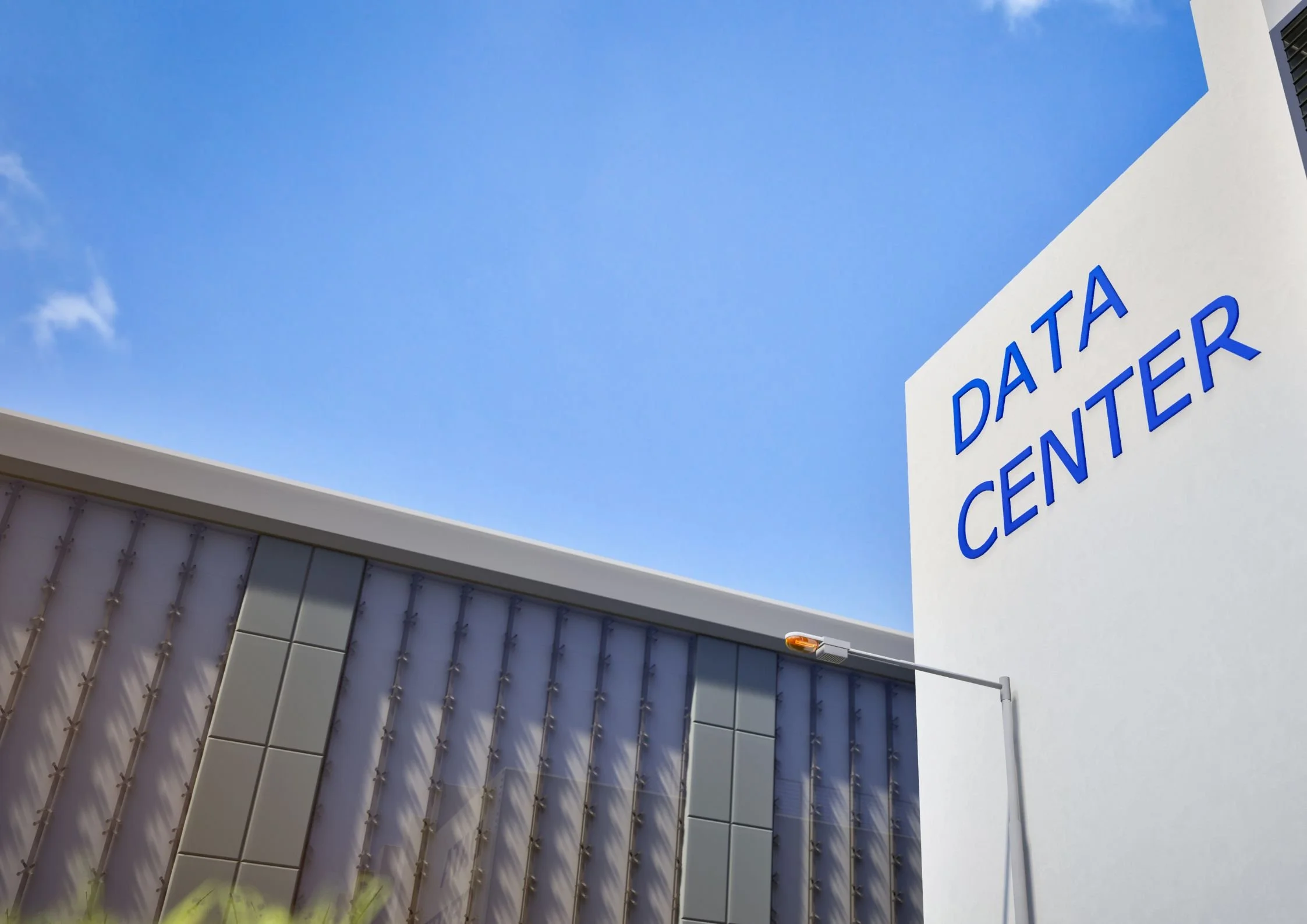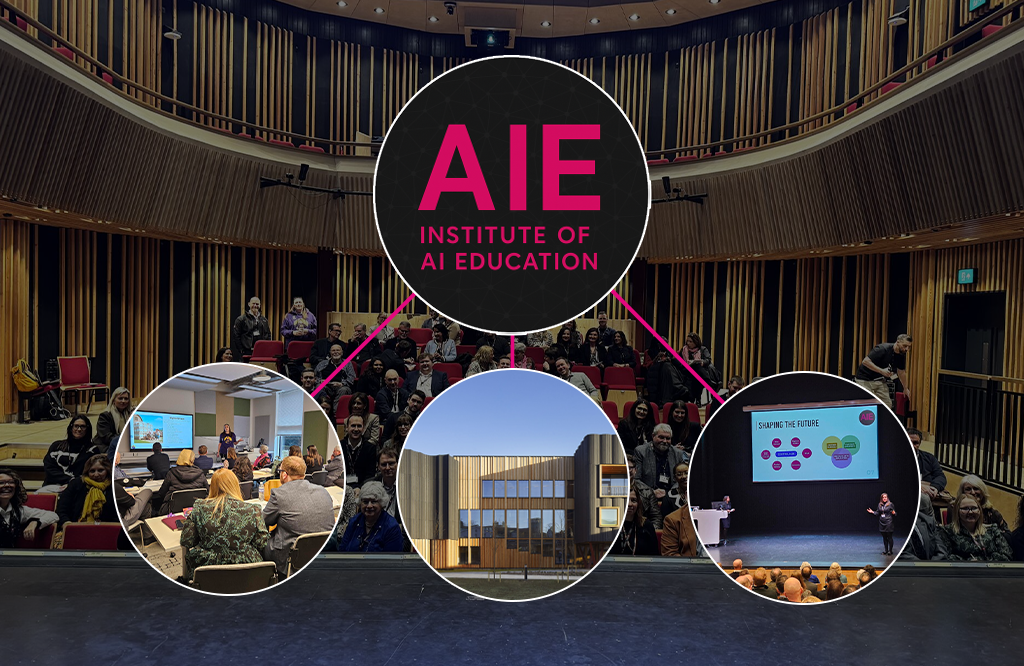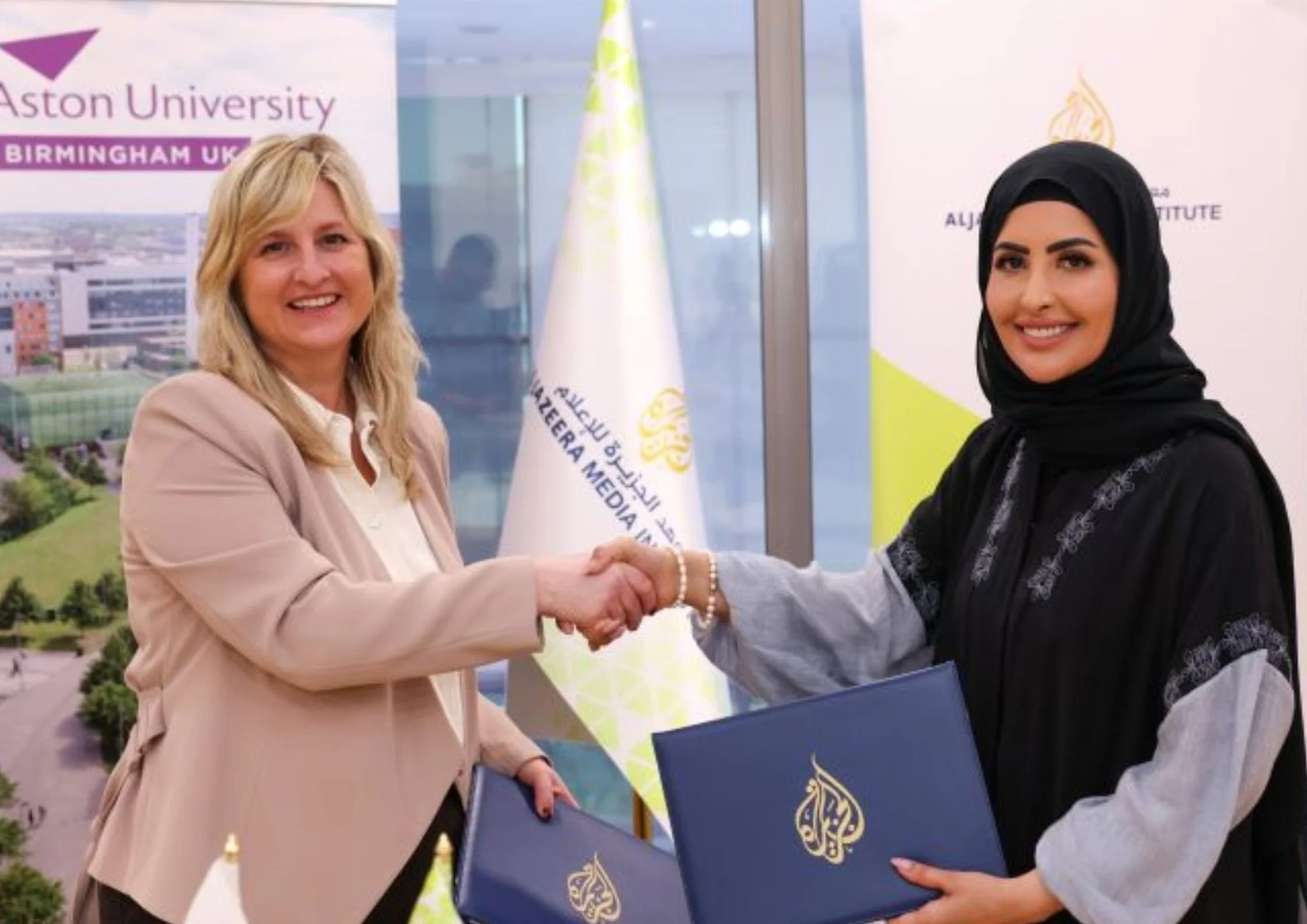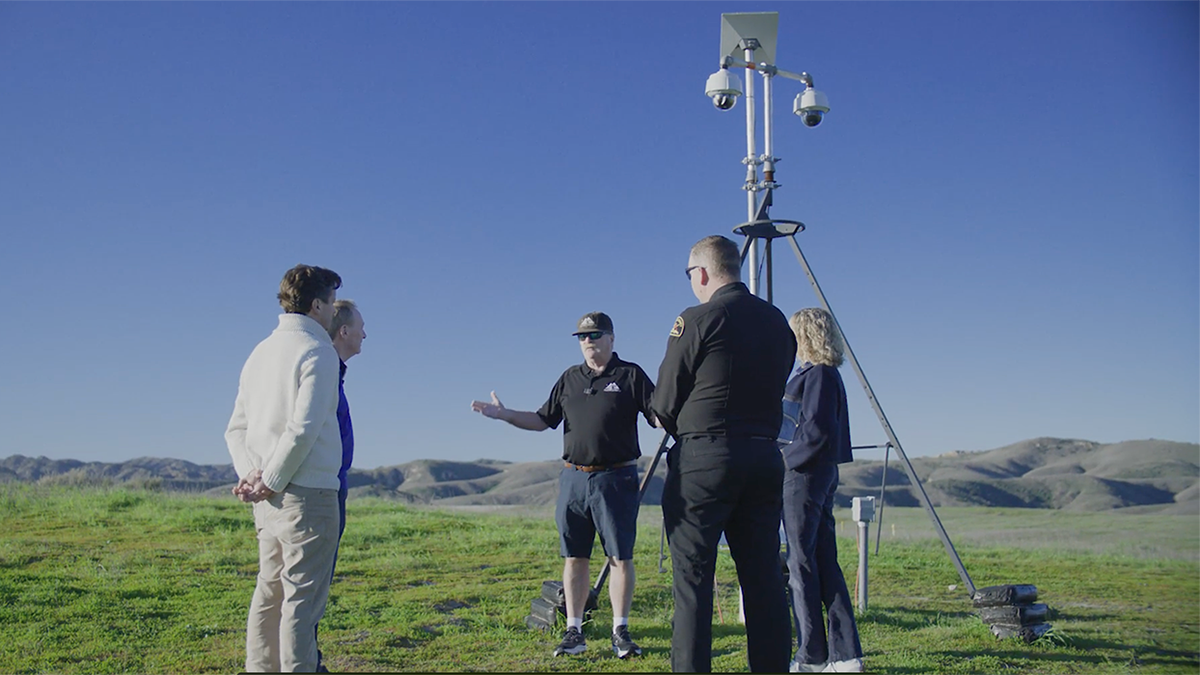Evelyn Wang appointed MIT’s first VP for energy and climate to coordinate sustainability innovation
The longtime MIT engineer and former ARPA-E director will lead Institute-wide efforts to accelerate energy research and climate impact.
Photo credit: Adam Glanzman
MIT has created a new vice president role dedicated to energy and climate, appointing engineering professor Evelyn Wang to lead the effort. The role is intended to sharpen the Institute’s strategic focus on decarbonization, resilience, and sustainable energy innovation.
Wang’s remit includes building partnerships beyond academia, aligning research across the campus, and strengthening MIT’s capacity to bring technologies into the public and private sectors. She stepped into the post in April 2025 following a two-year term as director of the U.S. Department of Energy’s Advanced Research Projects Agency-Energy (ARPA-E).
Applying research experience to large-scale systems change
Wang’s academic career includes over two decades at MIT, where she has led research in areas such as heat transfer, nanophotonics, and energy harvesting. She is widely recognized for developing a water-extraction device that operates in arid climates, and her lab has produced multiple innovations now in commercial development.
“MIT has the potential to do so much, when we know that climate, energy, and resilience are paramount to events happening around us every day,” says Wang.
Her work at ARPA-E brought her into direct contact with early-stage energy research across the U.S., a perspective she brings back to MIT as she works to increase the speed and scale of applied solutions.
Wang has emphasized that external collaboration will be critical to success. She is currently mapping MIT’s existing climate efforts and identifying areas for new partnerships.
“Tackling climate change requires a lot of partnerships. It’s not an MIT-only endeavor,” she says. “We’re going to have to collaborate with other institutions and think about where industry can help us deploy and scale so the impact can be greater.”
Institutional legacy and strategic alignment
Wang’s appointment comes as MIT continues its broader institutional work through the Climate Project, an initiative launched in 2024 to accelerate climate technology and policy. Her role includes coordinating across more than 300 faculty members currently engaged in climate research.
“The fact that there are so many faculty working on climate is astounding,” she says. “Everyone’s doing exciting work, but how can we leverage our unique strengths to create something bigger than the sum of its parts? That’s what I’m working toward.”
Wang also brings a long personal connection to the Institute. She earned her undergraduate degree in mechanical engineering at MIT, met her husband there, and has held several named professorships during her faculty tenure. Her family includes multiple MIT graduates.
Framing optimism as a strategic tool
Wang approaches the role with a clear sense of urgency, but also believes that optimism is necessary to drive solutions forward. “I think optimism can make a difference, and is great to have in the midst of collective challenge,” she says.
She sees examples of high-potential research across campus, citing fusion material development and clean ammonia production as recent signs of progress.
“Those solutions could be breakthroughs,” Wang says. “Those are the kinds of things that give us optimism. There’s still a lot of research to be done, but it suggests the potential of what our world can be.”
She concludes with a reminder of MIT’s responsibility: “We have the chance to design the world we want — one that’s cleaner, more sustainable and more resilient. This future is ours to shape and build together.”





















